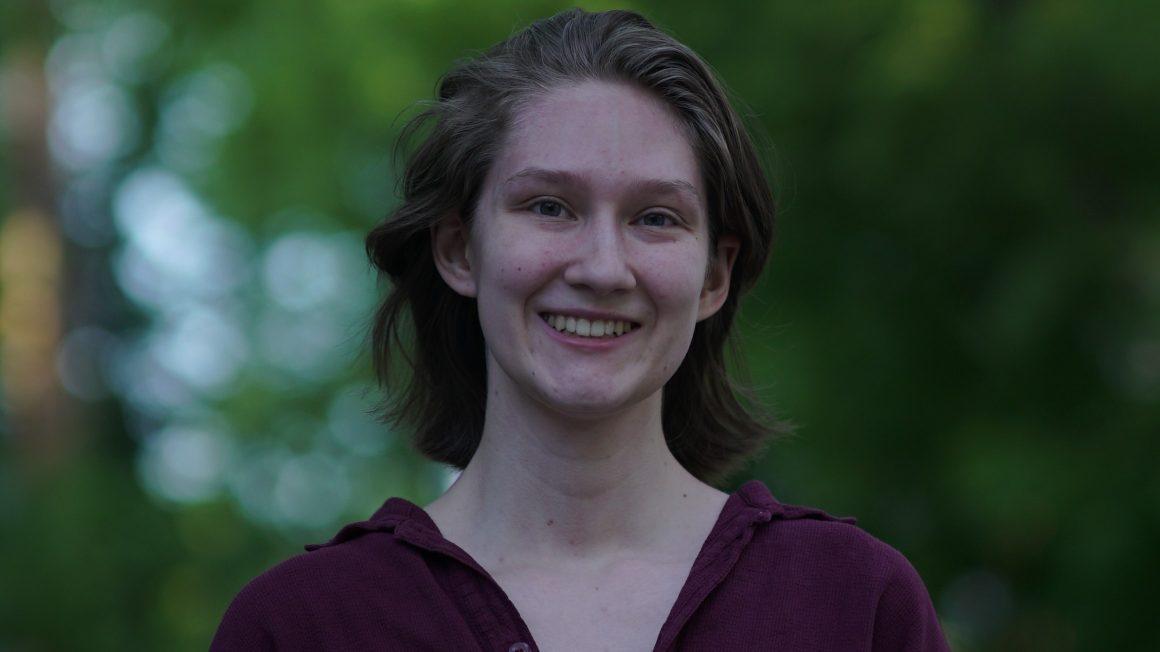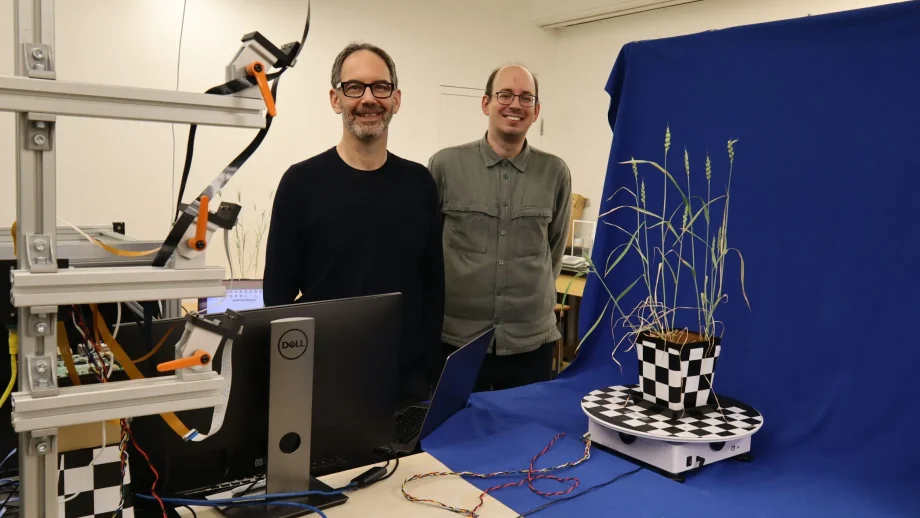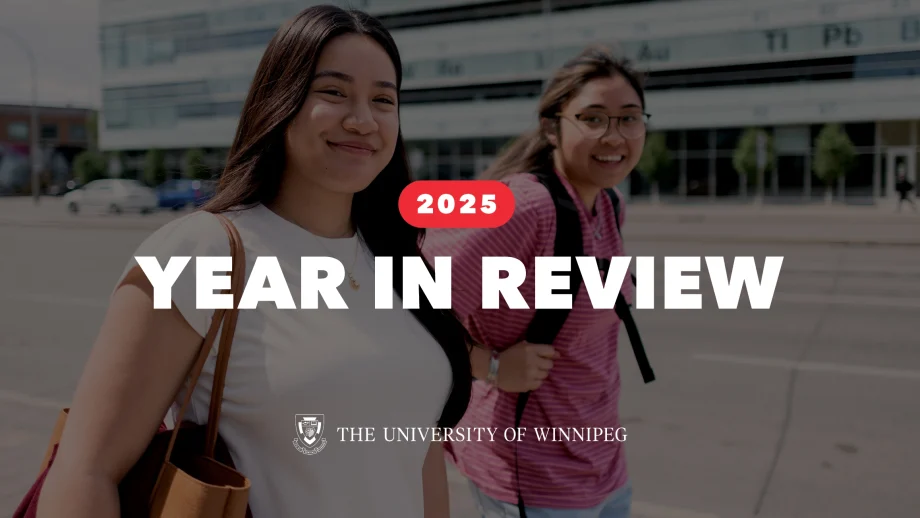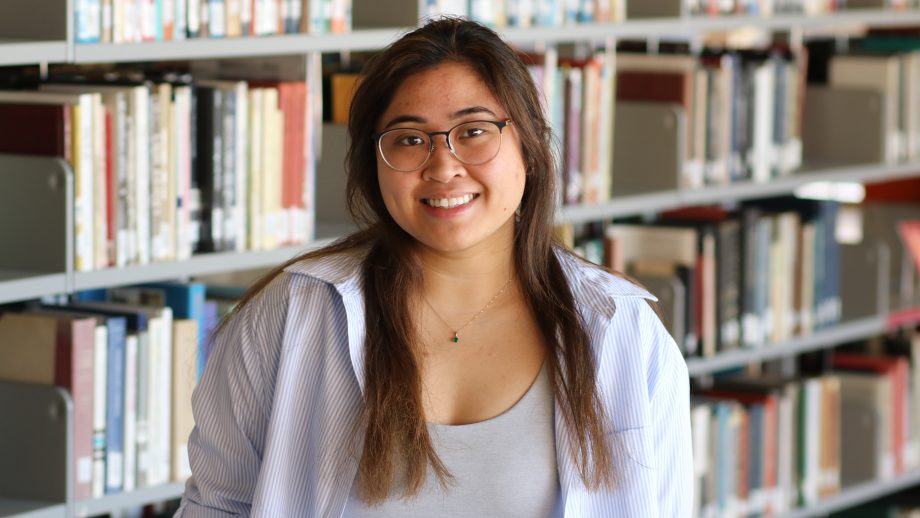After graduating this week with an honours degree in mathematical physics, Shawna Skelton is headed to the Perimeter Institute for Theoretical Physics Masters program to continue their research into the intersection of quantum gravity and quantum information theory.
The Perimeter Institute runs one of the most sought-after graduate programs for theoretical physicists. Skelton is one of only 25 students accepted into the program each year, out of several hundred applications from around the world.
The instruction I’ve received here is a model of the kind of professor I want to become and a foundation I’m thankful to have going into graduate work.
Shawna Skelton
Skelton is looking forward to the opportunity to contribute to a wider understanding of the field.
“Theoretical physics has an intimidating reputation but it is a profound and unintuitively simple paradigm to understand the world,” they said.
Quantum information theory is a quickly expanding field that Skelton says enriches their understanding of how the world works.
“It has immense practical potential within quantum computing, but quantum gravity is focused on the more abstract question of how, precisely, does this universe make sense. In studying the intersection of these fields, I’ll have plenty of opportunities to explore different research avenues within my graduate work.”
When Skelton began their studies at UWinnipeg, they knew they wanted to push the limits of their critical thinking and mathematical capacity.
“In physics, I had the chance to study the most fundamental aspects of our universe,” they said. “This surprised not a few folks that expected me to study English literature, but quantum mechanics and general relativity are wonderful paradigms to think about the world and I feel truly lucky to be able to study them.”
Skelton also feels lucky to have completed an honours degree in such a collaborative, supportive environment.
“Most of the faculty have at some point taken time out of their day to discuss points of physics curiosity, point me towards opportunities, or simply remind me of what they believe I am capable of,” Skelton said. “In particular, my supervisors over the years – Dr. Gabor Kunstatter and Dr. Andrew Frey – have been tremendously supportive of my research, graduate applications, and academic potential.”
Skelton completed an honours thesis project with Frey, and then worked with him as a research assistant, thanks to an NSERC Undergraduate Student Research Award. He says they did exceptional work.
“The chance to work with such a talented young physicist as Shawna is a privilege that might only come up once or twice in a career,” he said. “We’re all predicting great success and looking forward to seeing what Shawna will teach us in the future.”
Skelton’s long term goal is to complete a doctorate and ultimately work in academia combining a passion for teaching and research.
“The instruction I’ve received here is a model of the kind of professor I want to become and a foundation I’m thankful to have going into graduate work.” Skelton said. “My research interests are already broad, so there is a fair chance I will stay somewhat interdisciplinary throughout my career, regardless of the eventual focus my research takes.”





